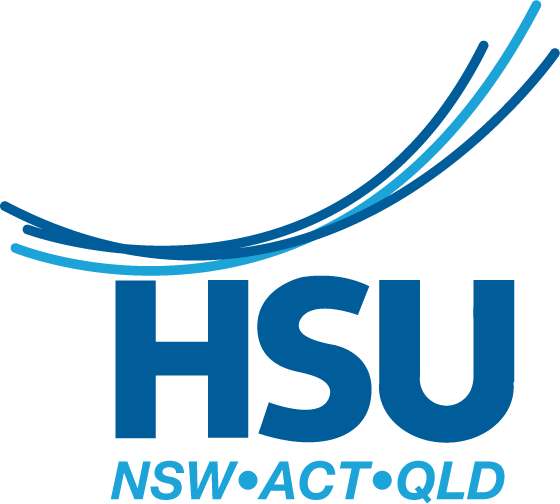Paramedics set to strike as union bosses ramp up pressure over wages
-
Published May 16, 2023
Sydney Morning Herald, 16 May 2023
The state’s most powerful union bosses have warned the NSW government faces rolling industrial action over delays in scrapping the controversial public sector wages cap, with paramedics and patient transport officers the first to implement statewide 24-hour bans.
In an unprecedented move, paramedics and patient transport officers will join together from 6am Thursday and refuse to take anyone discharged from hospital to their home or to a residential aged care facility, as frustration mounts over stagnant wages amid the skyrocketing cost of living.
The impact of the bans means at least 1000 patients will be forced to spend an extra night in hospital, a move the Health Services Union acknowledges will add strain to the already stretched public health system.
NSW Labor campaigned heavily on removing the wages cap, which was introduced in 2011 after the former Coalition government was swept to power, and maintained removing the 3 per cent ceiling on public sector salaries would be its key priority if elected.
However, Health Services Union boss and Labor Party heavyweight Gerard Hayes accused the state government of failing to engage in meaningful wage negotiations, while Fire Brigade Employees Union head Leighton Drury said NSW was haemorrhaging essential workers to other states because of its outdated wages policy.
Hayes said the new government was “two-thirds of the way into its first 100 days” but there had been “no movement in relation to the salary cap”.
Hayes criticised the Minns government for prioritising legislation “to prevent the privatisation of a facility that is not going to be privatised”, a reference to a change to the NSW Constitution which will ensure Sydney Water cannot be sold off.
“The NSW government had the option to remove the wages cap by changing the ministerial regulation the day after the election. It chose not to and every day since we have wondered when we will see action,” Hayes said.
He said he had spoken to Premier Chris Minns and Treasurer Daniel Mookhey, but no progress had been made, and Thursday’s bans would kickstart more industrial action over the coming weeks and months.
Public Service Association secretary Stewart Little said the government had been listening to his concerns, but workers needed an urgent pay rise to stop them leaving NSW “in droves”.
“They can’t kick it down the road, it needs to be sorted out in the days ahead, not weeks,” Little said.
“We are not quite there yet in terms of action, but it will spill over pretty quickly. The tension is that we just have not been told what the process will be for dealing with wages.”
Drury said NSW was the most expensive state in which to live, but at the same time had among the lowest wages for essential workers.
“The wages cap and structural inequity we have had for the past 12 years was not the fault of this government, but they need to act and act quickly,” Drury said.
He said firefighters had already started “political action”, such as chalking up messages on firetrucks about their need for improved pay and facilities. He said the government had asked his union to delay industrial action – they agreed – but they were fast losing patience.
Minns said he had a discussion with Hayes last week and denied the government had not been talking to the unions about wages policy, including in relation to awards which will expire on July 1.
“We’ve been in power eight weeks, we acknowledge that those awards expire in the coming months and that the clock is ticking but we think the progress is appropriate considering what we need to achieve,” Minns said.
“These are really complicated industrial instruments, and we want to make sure we get this right.”
